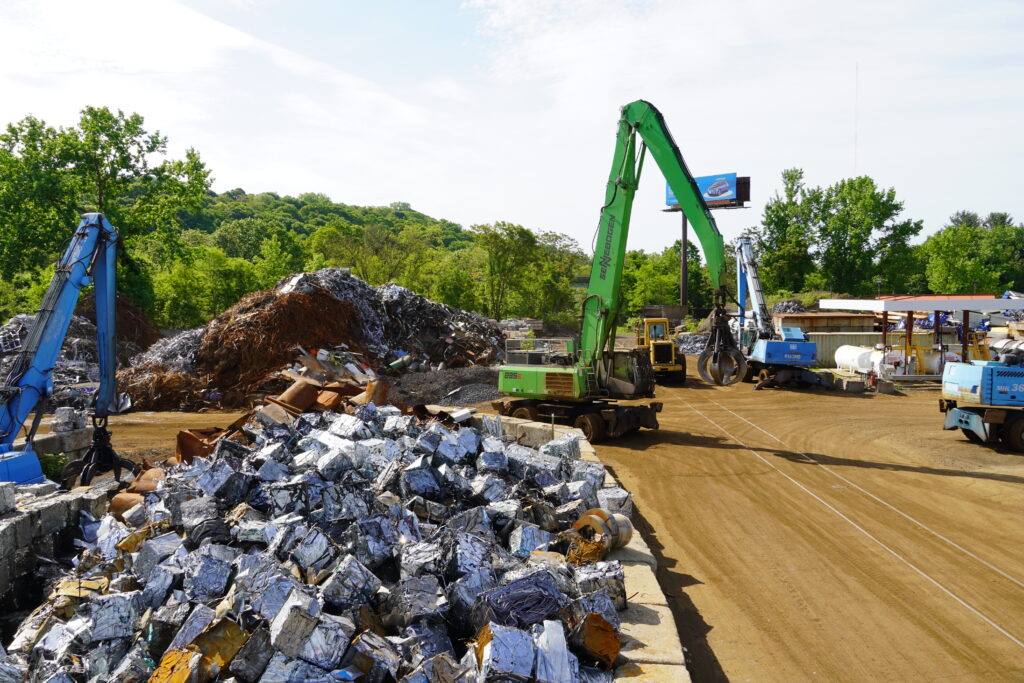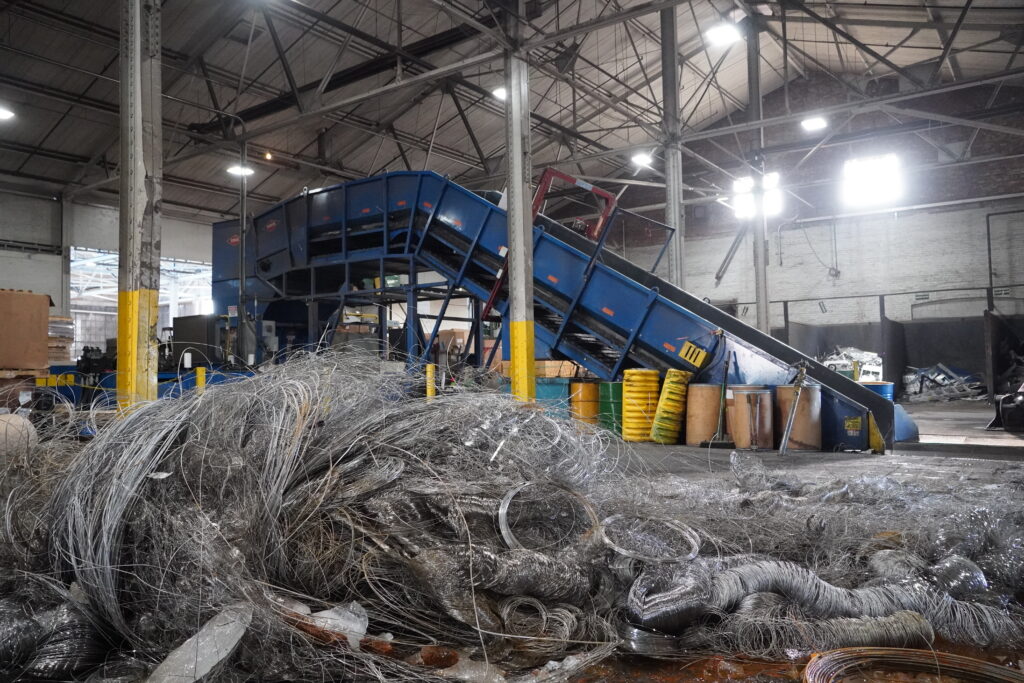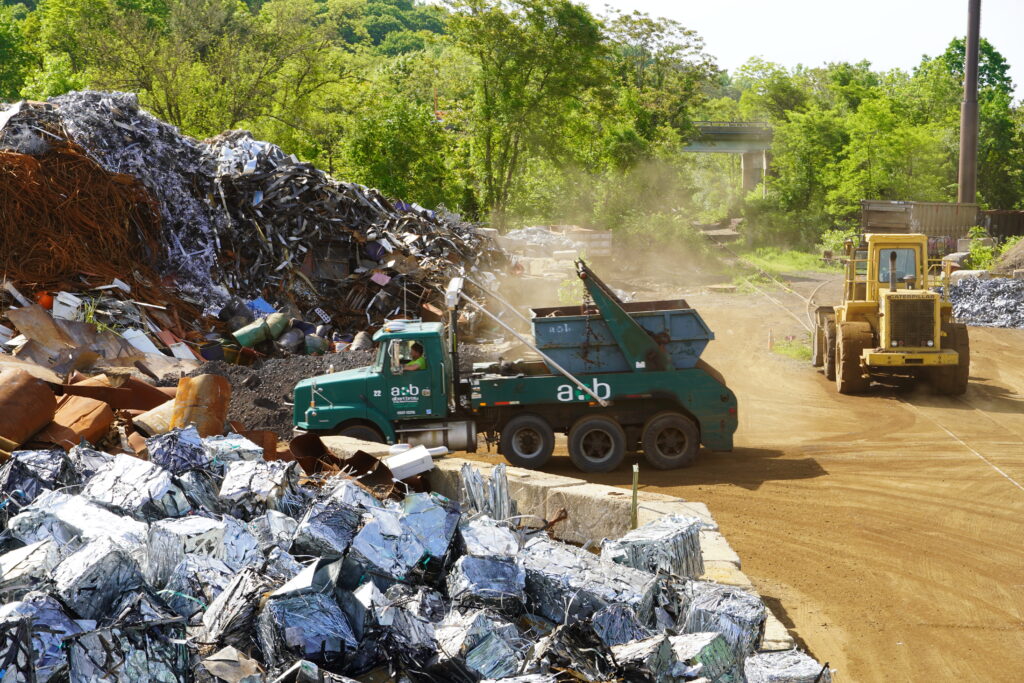Albert Bros. has always believed in being part of the solution to eliminate metal theft. Over the years, we have worked closely with both ISRI, our trade organization, and local and state law enforcement to catch those who choose to profit from these activities. For years, the Institute of Scrap Recycling Industries, Inc (ISRI) has worked to be a part of the solution to the problem of metal theft. It helps police, it helps our communities, and it helps our industry (more than two thirds of recyclers report being a victim of metal theft in the past year).
Governor Ned Lamont announced he signed Public Act 22-43 into law. The new law enacts new requirements on how scrap metal processors receive and sell catalytic converters.
The Act was approved as part of an effort to crack down on the sale of stolen catalytic converters and is intended to deter criminals from profiting. Catalytic converters contain precious metals and have been the target of scrap metal thieves for years.
“Cracking down on the theft and vandalism of motor vehicles requires a multifaceted approach, and one of those tactics includes making it more difficult for criminals to profit from the sale of stolen parts,” Governor Lamont said. “This law also enacts new requirements that will help law enforcement more easily track down who is selling stolen parts and stop the criminal activity. I thank the bipartisan members of the legislature for approving this bill and sending it to my desk so that I could sign it into law today. The easy ability to sell stolen parts is a major reason why motor vehicle theft and vandalism occurs, and this law will help serve as a deterrent.”
It will now be illegal for motor vehicle recyclers to receive a vehicle’s catalytic converter unless it is physically attached to a motor vehicle. In addition, recyclers must affix or write a stock number on the part, and create a written record of the transaction, including the name, address, telephone number, license number, and automobile originating VIN number.
Scrap metal processors, junk dealers, and junkyard owners and operators cannot accept a catalytic converter that is not physically attached to a motor vehicle unless they:
In addition, sellers may only sell one catalytic converter daily to a scrap metal dealer. Scrap metal processors and junk dealers can only pay a seller by mailed check.
Scrap metal processors will be required to electronically submit all information regarding catalytic converter sales to the Connecticut State Police weekly.
Please click on the link below to learn more about what you can do.


